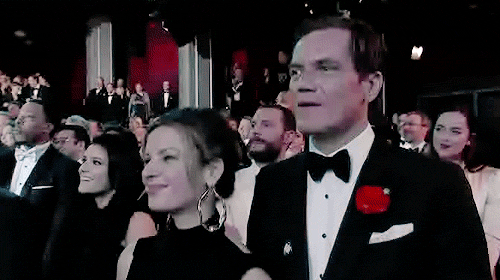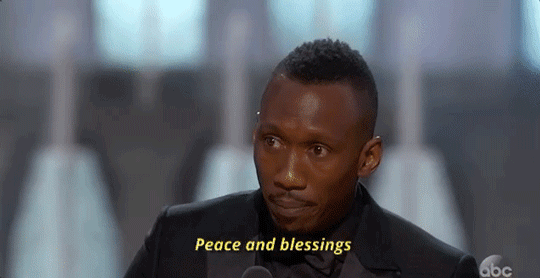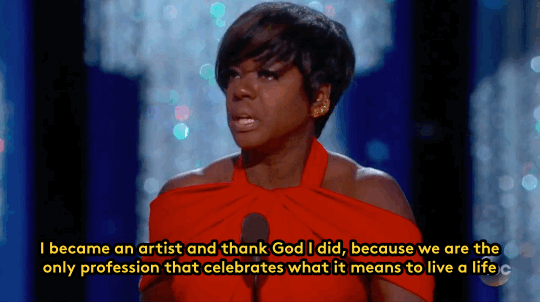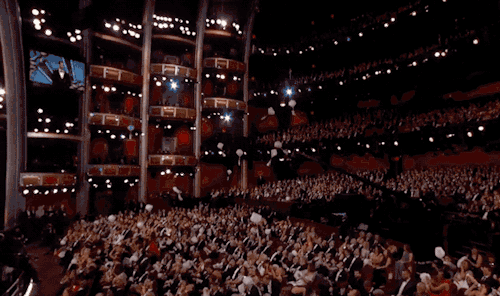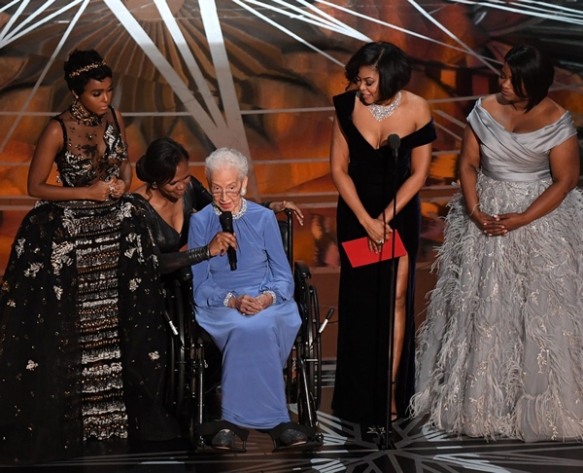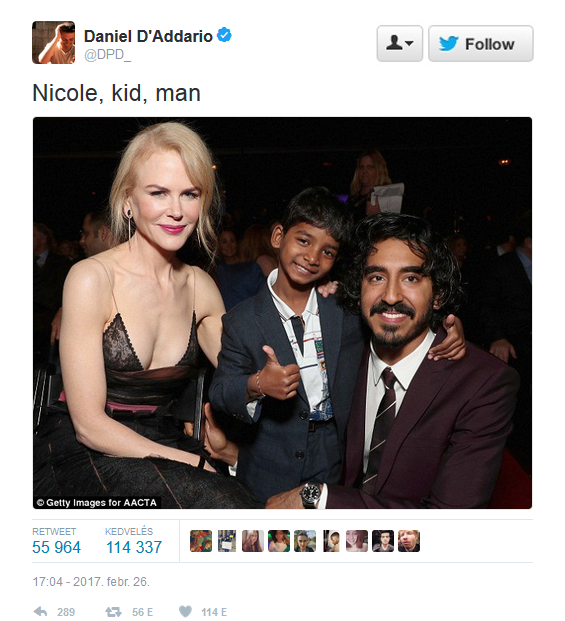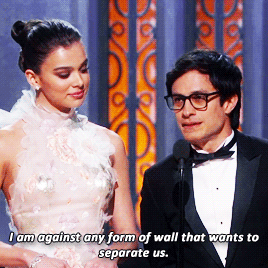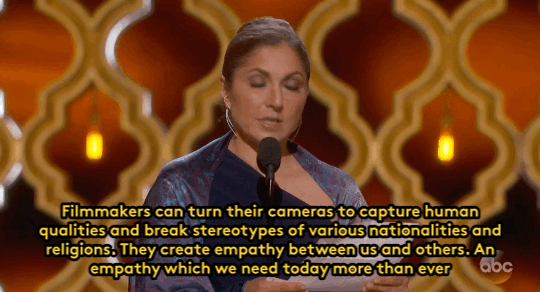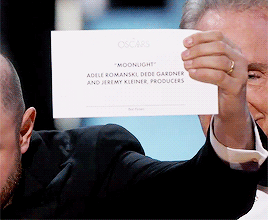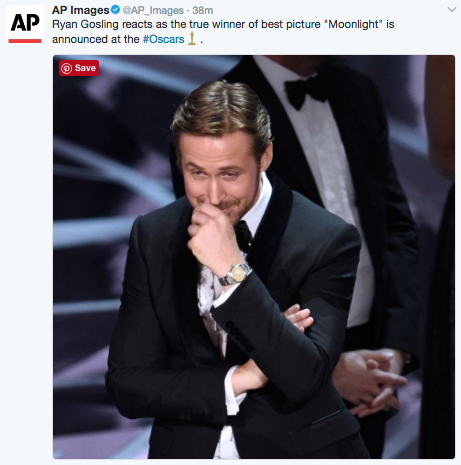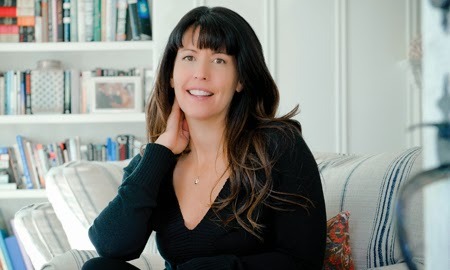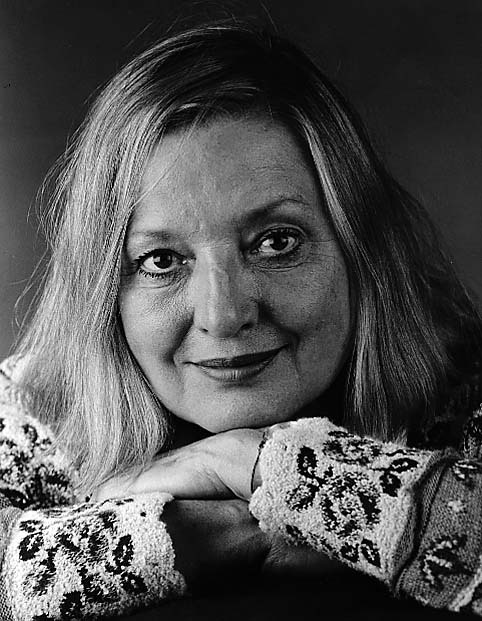For two solid months from June 5 to August 5, the Museum of Modern Art will be running a film retrospective titled “Glorious Technicolor: From George Eastman House and Beyond,” showcasing Technicolor movies made between the early 1920s and the mid-50s. Here is a sample of 30 of the feature films, both live-action and animation, that you can see this summer. (Times are subject to change.)
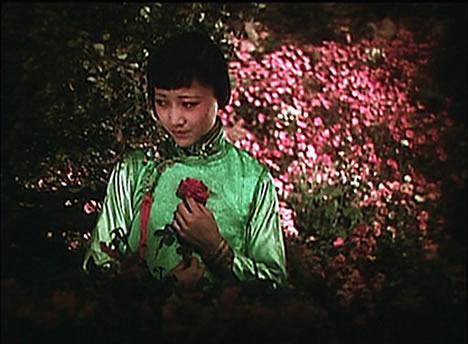
The Toll of the Sea (1922) – dir. Chester M. Franklin – starring Anna May Wong, Kenneth Harlan, Beatrice Bentley – Sunday, June 7 at 2:00 pm and Friday, June 12 at 4:30 pm

Mystery of the Wax Museum (1933) – dir. Michael Curtiz – starring Lionel Atwill, Fay Wray, Glenda Farrell – Wednesday, July 1 at 7:00 pm and Wednesday, July 8 at 4:30 pm

The Garden of Allah (1936) – dir. Richard Boleslawski – starring Marlene Dietrich, Charles Boyer, Basil Rathbone – Friday, June 5 at 4:30 pm and Tuesday, July 21 at 1:30 pm

Nothing Sacred (1937) – dir. William A. Wellman – starring Carole Lombard, Fredric March, Charles Winninger – Tuesday, July 21 at 6:45 pm and Sunday, July 26 at 3:30 pm

The Adventures of Robin Hood (1938) – dirs. Michael Curtiz and William Keighley – starring Errol Flynn, Olivia de Havilland, Basil Rathbone – Sunday, June 7 at 6:00 pm and Monday, June 22 at 4:30 pm

Drums Along the Mohawk (1939) – dir. John Ford – starring Claudette Colbert, Henry Fonda, Edna May Oliver – Monday, July 6 at 4:30 pm and Tuesday, July 7 at 7:15 pm

Gone with the Wind (1939) – dir. Victor Fleming (with others) – starring Clark Gable, Vivien Leigh, Olivia de Havilland – Saturday, July 4 at 6:30 pm and Saturday, July 11 at 1:00 pm
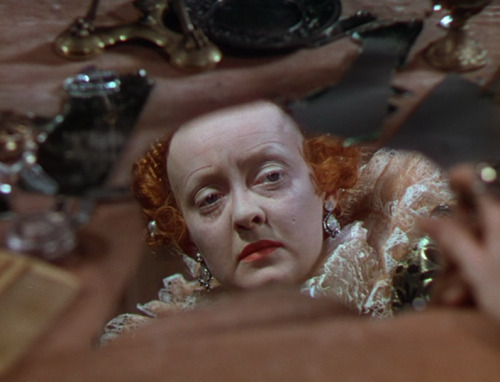
The Private Lives of Elizabeth and Essex (1939) – dir. Michael Curtiz – starring Bette Davis, Errol Flynn, Olivia de Havilland – Monday, June 22 at 7:00 pm and Wednesday, July 1 at 1:30 pm

The Wizard of Oz (1939) – dir. Victor Fleming (with others) – starring Judy Garland, Frank Morgan, Margaret Hamilton – Friday, June 5 at 7:00 pm and Sunday, June 14 at 2:00 pm

Down Argentine Way (1940) – dir. Irving Cummings – starring Don Ameche, Betty Grable, Carmen Miranda – Friday, June 26 at 4:30 pm and Sunday, June 28 at 4:15 pm

Blood and Sand (1941) – dir. Rouben Mamoulian – starring Tyrone Power, Linda Darnell, Rita Hayworth – Friday, July 3 at 7:00 pm and Sunday, July 5 at 6:00 pm

Lassie Come Home (1943) – dir. Fred M. Wilcox – starring Roddy McDowall, Donald Crisp, Elizabeth Taylor – Sunday, July 19 at 3:15 pm and Monday, July 20 at 4:30 pm

Cobra Woman (1944) – dir. Robert Siodmak – starring Maria Montez, Jon Hall, Sabu – Wednesday, July 8 at 1:30 pm and Sunday, July 12 at 3:45 pm

Yolanda and the Thief (1945) – dir. Vincente Minnelli – starring Fred Astaire, Lucille Bremer, Leon Ames – Saturday, June 13 at 2:00 pm and Tuesday, June 23 at 4:30 pm

The Yearling (1946) – dir. Clarence Brown – starring Gregory Peck, Jane Wyman, Claude Jarman Jr. – Wednesday, June 17 at 6:45 pm and Sunday, June 21 at 7:00 pm

Easter Parade (1948) – dir. Charles Walters – starring Judy Garland, Fred Astaire, Ann Miller – Sunday, July 12 at 1:00 pm and Monday, July 13 at 4:00 pm

The Pirate (1948) – dir. Vincente Minnelli – starring Judy Garland, Gene Kelly, Walter Slezak – Saturday, June 13 at 4:45 pm and Tuesday, June 16 at 7:15 pm

Little Women (1949) – dir. Mervyn LeRoy – starring June Allyson, Peter Lawford, Elizabeth Taylor – Sunday, June 14 at 4:30 pm and Sunday, June 21 at 4:15 pm

Neptune’s Daughter (1949) – dir. Edward Buzzell – starring Esther Williams, Red Skelton, Ricardo Montalban – Thursday, July 9 at 7:00 pm and Friday, July 10 at 1:30 pm

Samson and Delilah (1949) – dir. Cecil B. DeMille – starring Hedy Lamarr, Victor Mature, Angela Lansbury – Saturday, July 11 at 8:30 pm and Thursday, July 16 at 7:15 pm

An American in Paris (1951) – dir. Vincente Minnelli – starring Gene Kelly, Leslie Caron, Oscar Levant – Saturday, June 20 at 8:00 pm and Tuesday, June 23 at 7:00 pm

The River (1951) – dir. Jean Renoir – starring Nora Swinburne, Esmond Knight, Adrienne Corri – Wednesday, July 8 at 7:00 pm and Friday, July 10 at 4:30 pm
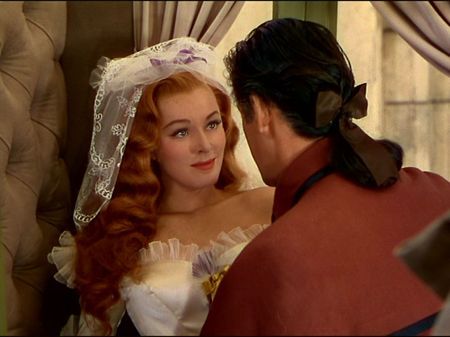
Scaramouche (1952) – dir. George Sidney – starring Stewart Granger, Eleanor Parker, Janet Leigh – Saturday, June 27 at 2:00 pm and Monday, June 29 at 7:00 pm

Singin’ in the Rain (1952) – dirs. Stanley Donen and Gene Kelly – starring Gene Kelly, Donald O’Connor, Debbie Reynolds – Saturday, June 20 at 5:00 pm and Thursday, June 25 at 4:30 pm
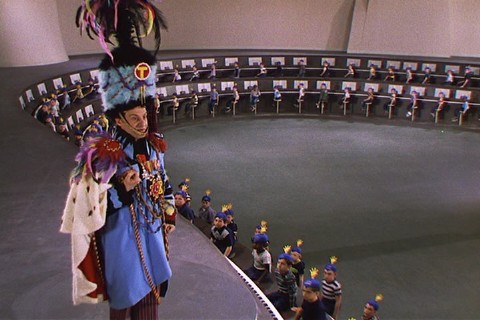
The 5,000 Fingers of Dr. T. (1953) – dir. Roy Rowland – starring Peter Lind Hayes, Hans Conried, Tommy Rettig – Sunday, June 14 at 7:15 pm and Wednesday, June 24 at 4:30 pm

Mogambo (1953) – dir. John Ford – starring Clark Gable, Ava Gardner, Grace Kelly – Thursday, July 2 at 1:30 pm and Saturday, July 4 at 3:45 pm

Niagara (1953) – dir. Henry Hathaway – starring Marilyn Monroe, Joseph Cotten, Jean Peters – Sunday, June 7 at 3:45 pm and Tuesday, June 9 at 7:00 pm

Magnificent Obsession (1954) – dir. Douglas Sirk – starring Jane Wyman, Rock Hudson, Otto Kruger – Wednesday, June 10 at 6:45 pm and Friday, June 19 at 4:30 pm

20,000 Leagues Under the Sea (1954) – dir. Richard Fleischer – starring Kirk Douglas, James Mason, Peter Lorre – Monday, July 27 at 7:00 pm

The Trouble with Harry (1955) – dir. Alfred Hitchcock – starring Edmund Gwenn, John Forsythe, Shirley MacLaine – Sunday, July 26 at 5:45 pm and Tuesday, July 28 at 4:30 pm
